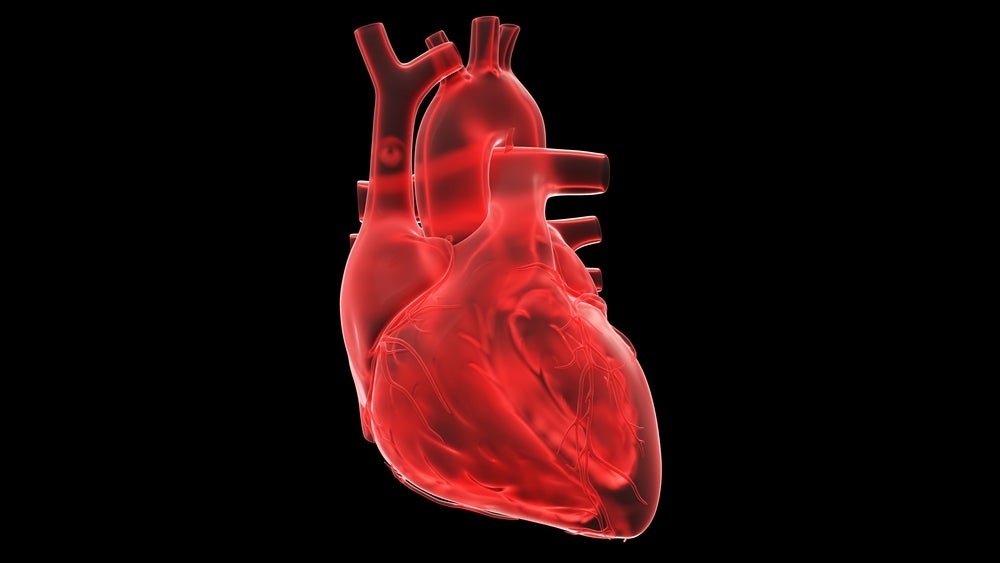The US Food and Drug Administration (FDA) has granted HighLife an investigational device exemption (IDE), greenlighting a pivotal trial investigating the French company’s trans-septal mitral valve replacement (TSMVR) system.
The single-arm, multi-centre, prospective study will evaluate the safety and effectiveness of HighLife’s device in patients with moderate to severe functional mitral regurgitation.
The functional classification of mitral regurgitation is assigned when patients have blood that leaks back across the mitral valve despite having normal leaflet morphology. It is caused, in the absence of an abnormal mitral valve, due to left ventricular dilation and is usually a result of ischemic or non-ischemic cardiomyopathy myocardial disease.
HighLife states that there are limited treatment options available for those at high surgical risk.
Patients with the condition who are unsuitable for surgery or transcatheter repair treatment will be eligible for HighLife’s pivotal trial, with sites expected to open in the US, Europe, and Asia-Pacific (APAC) region.
HighLife’s TSMVR is a dual-component system, comprising a bovine pericardial valve and a ring that is placed below the patient’s mitral valve. Once implanted, the valve self-centres and self-aligns within the ring using a self-expandable nitinol frame. The company says its intervention offers a less invasive approach to traditional open-heart surgery.
HighLife’s CEO Georg Börtlein said: “We are extremely pleased with the FDA IDE approval for our US pivotal study, marking a significant milestone in our US clinical strategy.”
Börtlein added that the company is also progressing towards a CE mark for the system.
HighLife announced it had deployed a new valve size for its TSMVR system last year for patients with larger anatomies. It fits within the same delivery catheter and can accommodate annuli up to 53mm.
HighLife, which raised €32m in Series B financing in January 2019, appointed Stephen Brecker as new chief medical officer in February this year.
The global cardiac valve repair device market is estimated to grow to $303m, up from $199.4m in 2023, according to analysis by GlobalData.
Other companies developing treatments in the space are Dragonfly and Affluent Medical. Dragonfly presented positive 12-month results for its transcatheter-edge-to-edge repair (TEER) therapy in June 2023 while Affluent is eyeing FDA clearance for Kalios, its mitral annuloplasty device.









